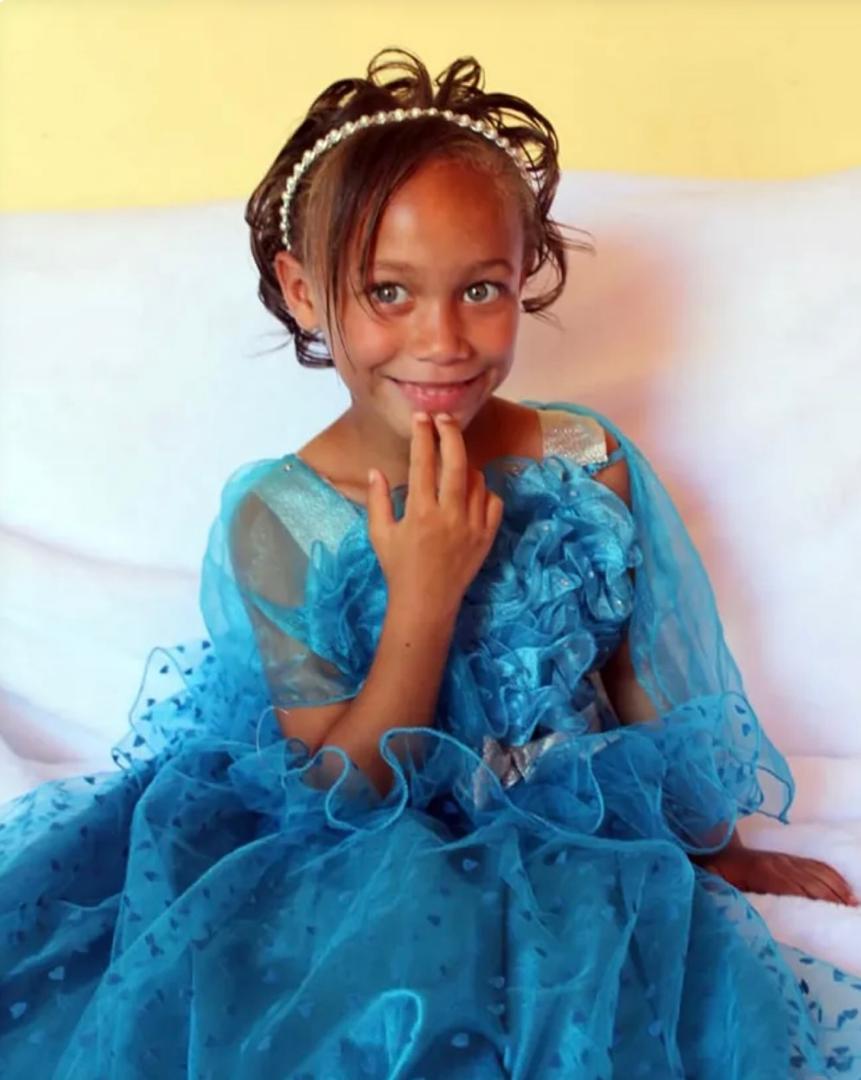PRETORIA – South Africa is tightening the noose around perpetrators of apartheid-era crimes but analysts have warned that prosecutors should tread carefully in the still racially polarised country.
The country’s most senior prosecutor, Vusi Pikoli, announced that his directorate of public prosecutions this month had five cases ready, which it could take to court, while it was investigating 15 others. The cases relate to perpetrators of apartheid crimes – both from the white nationalist regime and from the side of liberation movements fighting apartheid – who either shunned the country’s truth commission or were refused amnesty.”Applicants who did not receive amnesty are clearly in our sights,” Pikoli told a news briefing last week.”This is an opportunity to prosecute crimes of apartheid.”Analysts who talked to AFP said they believed Pikoli and his team were faced with a delicate and difficult juggling act.The prosecutors need on one hand to see justice finally done on behalf of apartheid victim families, but on the other to maintain racial harmony, they agreed.Polarised by 46 years of apartheid imposed by whites on the black majority, South Africa seemed to have been heading for a civil war before being pulled back from the brink and staging its first democratic elections in 1994.”We are still a brittle nation in transition,” said Jan Hoffmeyr from the Cape Town-based Institute for Justice and Reconciliation.”It’s going to be a very delicate balancing process.”Pikoli himself sounded a word of caution: “Prosecutions need to be considered within the process of national unity and national reconciliation.”Analysts all considered there must be prosecutions after South Africa’s Truth and Reconciliation Commission (TRC), set up in 1995 by former president Nelson Mandela, finally closed its doors in 2003.”It shows that there is a will for something to be finally done to really deal with those people, unlike in the past when nothing happened,” said Boyane Tshehla, crime and justice head at Pretoria’s Institute for Security Studies.When the TRC closed its doors in March 2003 with the handing over of the final two volumes of a hefty seven-volume report, it had received some 6 700 applications for amnesty.It granted 1 200 of those based on conditions set down by its mandate.Many of the applications came from white police and military personnel who were employed by the apartheid state to track and kill fighters employed by the now ruling African National Congress (ANC) and other liberation movements.But many others, including former president PW (Pieter) Botha, who ruled apartheid South Africa with an iron first during the 1980s, simply shunned the process.Prosecution of those who were refused amnesty or turned their back on the TRC seemed to have stalled.Former TRC head, retired Archbishop Desmond Tutu, a month a ago voiced his own frustrations at the lack of progress regarding prosecutions.”We are allowing impunity.It does mean that there are those who are able to say: Hahaha, what can you do to us?’,” Tutu said.Pikoli refused to say which cases would be taken to court saying only “we are dealing with complex issues.We shall go to court when we are ready.”One of South Africa’s most notorious apartheid army brigadiers, Wouter Basson – also known as “Dr Death” – who headed the apartheid state’s chemical and biological warfare programme, was prosecuted, but acquitted on 46 charges ranging from murder to fraud.But Eugene de Kock or “Prime Evil” as he was nicknamed in the media, who was the commander of the Vlakplaas base for a vicious apartheid hit squad, is serving a life sentence after the truth commission turned down his amnesty application.- Nampa-AFPThe cases relate to perpetrators of apartheid crimes – both from the white nationalist regime and from the side of liberation movements fighting apartheid – who either shunned the country’s truth commission or were refused amnesty.”Applicants who did not receive amnesty are clearly in our sights,” Pikoli told a news briefing last week.”This is an opportunity to prosecute crimes of apartheid.”Analysts who talked to AFP said they believed Pikoli and his team were faced with a delicate and difficult juggling act.The prosecutors need on one hand to see justice finally done on behalf of apartheid victim families, but on the other to maintain racial harmony, they agreed.Polarised by 46 years of apartheid imposed by whites on the black majority, South Africa seemed to have been heading for a civil war before being pulled back from the brink and staging its first democratic elections in 1994.”We are still a brittle nation in transition,” said Jan Hoffmeyr from the Cape Town-based Institute for Justice and Reconciliation.”It’s going to be a very delicate balancing process.”Pikoli himself sounded a word of caution: “Prosecutions need to be considered within the process of national unity and national reconciliation.”Analysts all considered there must be prosecutions after South Africa’s Truth and Reconciliation Commission (TRC), set up in 1995 by former president Nelson Mandela, finally closed its doors in 2003.”It shows that there is a will for something to be finally done to really deal with those people, unlike in the past when nothing happened,” said Boyane Tshehla, crime and justice head at Pretoria’s Institute for Security Studies.When the TRC closed its doors in March 2003 with the handing over of the final two volumes of a hefty seven-volume report, it had received some 6 700 applications for amnesty.It granted 1 200 of those based on conditions set down by its mandate.Many of the applications came from white police and military personnel who were employed by the apartheid state to track and kill fighters employed by the now ruling African National Congress (ANC) and other liberation movements.But many others, including former president PW (Pieter) Botha, who ruled apartheid South Africa with an iron first during the 1980s, simply shunned the process.Prosecution of those who were refused amnesty or turned their back on the TRC seemed to have stalled.Former TRC head, retired Archbishop Desmond Tutu, a month a ago voiced his own frustrations at the lack of progress regarding prosecutions.”We are allowing impunity.It does mean that there are those who are able to say: Hahaha, what can you do to us?’,” Tutu said.Pikoli refused to say which cases would be taken to court saying only “we are dealing with complex issues.We shall go to court when we are ready.”One of South Africa’s most notorious apartheid army brigadiers, Wouter Basson – also known as “Dr Death” – who headed the apartheid state’s chemical and biological warfare programme, was prosecuted, but acquitted on 46 charges ranging from murder to fraud.But Eugene de Kock or “Prime Evil” as he was nicknamed in the media, who was the commander of the Vlakplaas base for a vicious apartheid hit squad, is serving a life sentence after the truth commission turned down his amnesty application.- Nampa-AFP
Stay informed with The Namibian – your source for credible journalism. Get in-depth reporting and opinions for
only N$85 a month. Invest in journalism, invest in democracy –
Subscribe Now!










